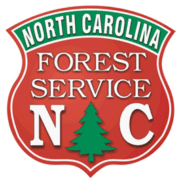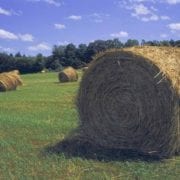Burn Ban In Effect For N.C. Counties South, East of Vance
Campers planning to celebrate the Memorial Day weekend with an outing to the southeastern part of the state will need to bring a campstove or grill to cook their hotdogs or s’mores – a burn ban is in effect for 26 counties because of an elevated risk of forest fire.
That means no open fires – including campfires, according to the N.C. Forest Service. The four-county area is not included in the burn ban, but county residents should contact their local forest service office for more information about what types of burning are allowed or prohibited. The ban that went into effect today (Monday, May 24) cancels all current burning permits and prohibits open burning in the following counties:
Anson, Beaufort, Bladen, Brunswick, Carteret, Columbus, Craven, Cumberland, Duplin, Greene, Harnett, Hoke, Jones, Lee, Lenoir, Moore, New Hanover, Onslow, Pamlico, Pender, Pitt, Richmond, Robeson, Sampson, Scotland and Wayne, according to a written statement.
“Our state is getting drier and hotter, and wildfires like those conditions,” said Agriculture Commissioner Steve Troxler. “These conditions coming during spring wildfire season when wildfire activity and fire risks are already elevated, make this burn ban necessary to protect life and property in North Carolina.”
The burning ban will remain in effect until further notice.
Under North Carolina law, the ban prohibits all open burning in the affected counties, regardless of whether a permit was previously issued. The issuance of any new permits has also been suspended until the ban is lifted. Anyone violating the burn ban faces a $100 fine plus $183 court costs. Any person responsible for setting a fire may be liable for any expenses related to extinguishing the fire.
Local fire departments and law enforcement officers are assisting the N.C. Forest Service to enforce the burn ban.
The N.C. Forest Service will continue to monitor conditions. Residents with questions regarding a specific county can contact their N.C. Forest Service county ranger or their county fire marshal’s office.
Open burning includes burning leaves, branches or other plant material. In all cases, burning trash, lumber, tires, newspapers, plastics or other nonvegetative material is illegal, according to the N.C. Forest Service.
Learn more at https://www.ncforestservice.gov/fire_control/fc_wui.htm or https://www.resistwildfirenc.org/






